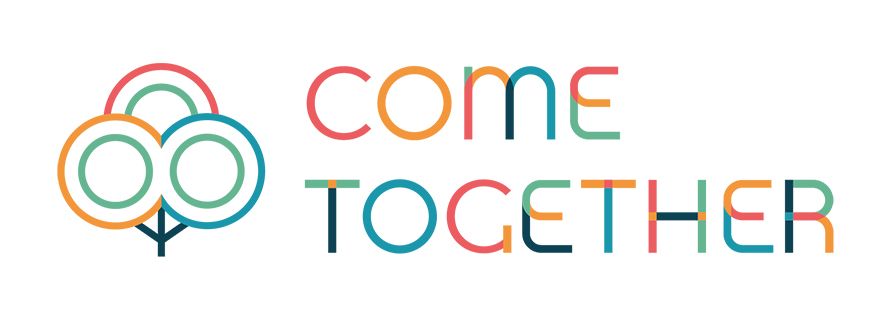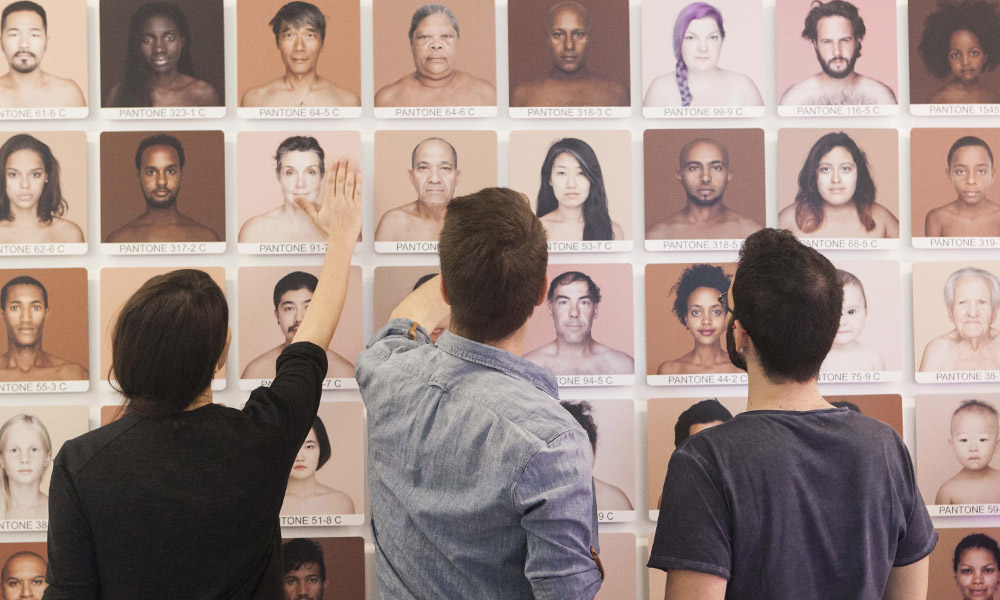The first hub meeting organized by the Ethnologisches Museum (Ethnological Museum) of the Staatliche Museen zu Berlin (National Museums in Berlin) took place on 13th of June 2024. We invited scientists, museum educators, climate and environmental educators, representatives of (cultural) associations and NGOs as well as representatives of Berlin's district administrations for environmental education and integrative cultural and social work to exchange ideas on the topic of water from different perspectives.
This brought together experts who, on the one hand, deal
with climate and environmental issues in a scientific and educational way and,
on the other hand, with the realities of life of very different, including
marginalised, groups in urban society through their work at district and
neighbourhood level.
The first meeting was all about introducing the project and
getting to know each other and our different perspectives. We also had an
initial exchange about which wishes, needs and concerns should be incorporated
and worked on during the project.
We also brainstormed about the potential to not only use the
museum's local connections in the geographical centre of the city, but also to
use the activities to link environmental issues directly on site in the
neighbourhoods with the realities of life and concerns of the urban society.
At the Berlin Climate Atelier, we’d like to explore
human-environment relationships with a focus on water from as many different
angles as possible. We also want to incorporate cultural and personal
approaches to develop engaging and informative training and education formats
with relevance in terms of content for different groups in urban society, whose
perspectives are too rarely reflected in discourses on environmental education.
We are very much looking forward to our next meeting in the
first week of July!

